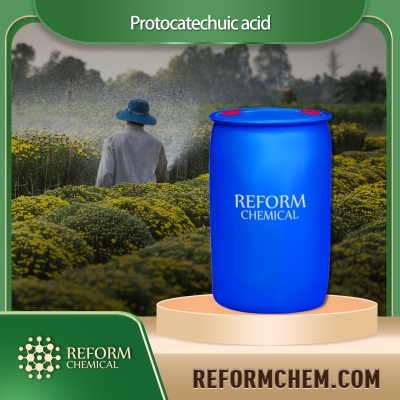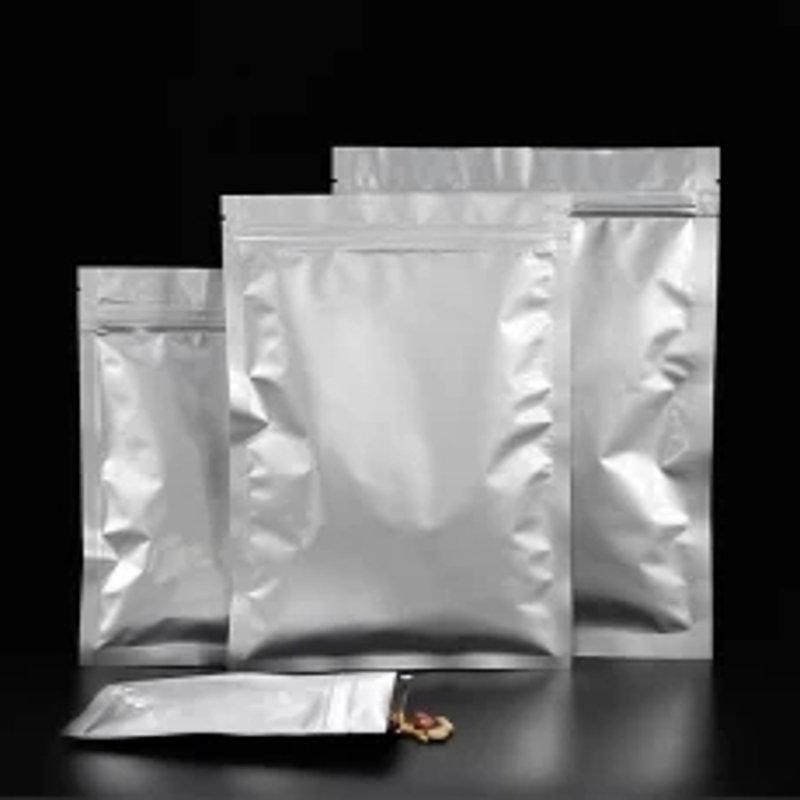Which kind of herbal tea has diuretic effect?
-
Last Update: 2020-04-03
-
Source: Internet
-
Author: User
Search more information of high quality chemicals, good prices and reliable suppliers, visit
www.echemi.com
Herbal tea has been widely used to promote health since ancient times because of its medicinal value Herbal tea can be made of different plants, and has different health care effects, such as dandelion, horsetail, nettle, parsley and other herbal tea can eliminate excess liquid in the body through urine, so it has a similar diuretic effect Dandelion tea an article published in the Journal of comprehensive and comparative biology reported that 85 kinds of plants are known to have diuretic effects, including many herbal teas that are believed to have diuretic effects Dandelion tea is one of these teas, which has been used in the past as a prescription for liver, gallbladder and digestive diseases, and as a light diuretic Like most herbal products, more research is needed to understand the efficacy, dosage and safety of dandelion tea Horsetail grass tea horsetail grass is a kind of flower free seed closely related to fern, which has been used as diuretic since ancient times However, since most studies only focus on the extract of this herb, the diuretic effect of taking it as a tea drink is not clear Great nettle and parsley tea great nettle are very valuable herbs since ancient times, and have been used as diuretics However, the study found that although the herb has diuretic effect, high-dose intake has adverse effects Parsley is another herbal used in tea drinks and is believed to have a diuretic effect Black tea and green tea are different from herbal tea in that they naturally contain caffeine Generally speaking, caffeinated drinks have diuretic effects Note for most people, drinking a cup of herbal tea with diuretic effect will not cause adverse reactions However, prescription diuretics are often used to remove excess fluid from the body to treat congestive heart failure, hypertension, and certain types of kidney and liver diseases In these cases, the efficacy and safety of diuretics are important and herbal remedies are not recommended Herbal therapies are not as tightly regulated as drugs, and some may interact with drugs or have adverse reactions There is a risk of dehydration, electrolyte imbalance and even death due to excessive fluid loss caused by diuretics * if you are suffering from fluid retention and want to treat with herbal tea, it is best to first understand the risks and benefits of the doctor.
This article is an English version of an article which is originally in the Chinese language on echemi.com and is provided for information purposes only.
This website makes no representation or warranty of any kind, either expressed or implied, as to the accuracy, completeness ownership or reliability of
the article or any translations thereof. If you have any concerns or complaints relating to the article, please send an email, providing a detailed
description of the concern or complaint, to
service@echemi.com. A staff member will contact you within 5 working days. Once verified, infringing content
will be removed immediately.







